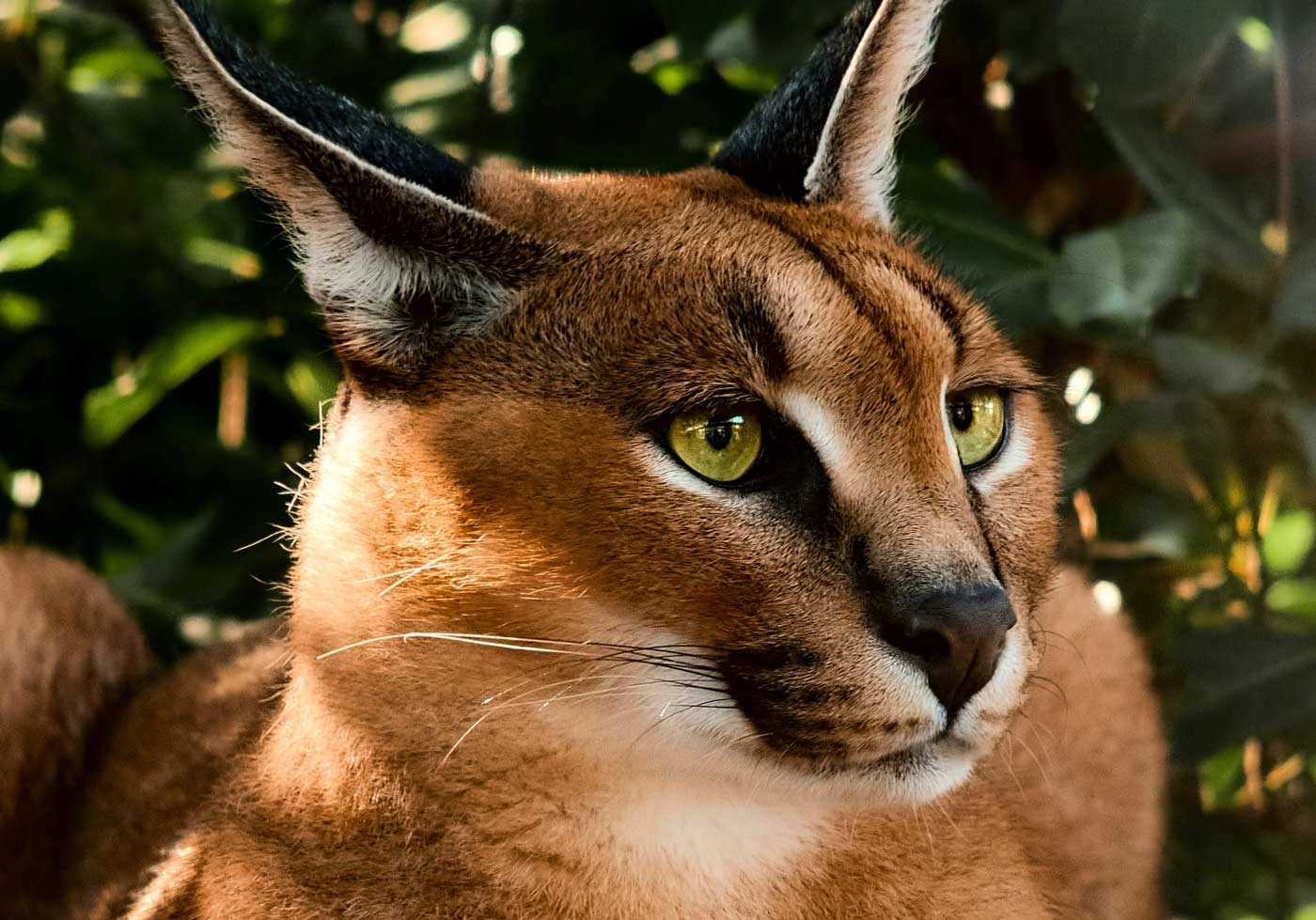The Seizure and Slow Death of Bores
In July 2024, a desert lynx named Bores was taken by the National Republican Guard (GNR) in Funchal, Madeira. Authorities questioned whether his owners were allowed to keep him legally. After public pressure and a petition signed by thousands of people, Bores was returned to his owners. This seemed like an act of compassion, driven by public pressure. However, it appeared to not be supported by law, creating a complex dilemma. After its release, the lynx never fully recovered from being tranquilized before being given back to his owner. Bores died a slow and agonizing death in August 2024. According to sources, there was no apparent reason to tranquilize the Lynx in the first place and no one knows the details of why it ended up killing the animal.
https://bioone.org/journals/wildlife-biology/volume-12/issue-1/0909-6396_2006_12_109_ROCMIL_2.0.CO_2/Risk-of-capture-related-mortality-in-large-free-ranging-mammals/10.2981/0909-6396(2006)12[109:ROCMIL]2.0.CO;2.full
PAN Madeira Demands Answers
The People-Animals-Nature (PAN) Party in Madeira has criticized the lack of answers about Bores’ death. They say the authorities have not been transparent or acted quickly enough. PAN requested documents, including the necropsy results, in September 2024, but they still have not received them. Six months later, they are still waiting for updates from the responsible organizations.
A Larger Problem with Animal Protection
Mónica Freitas from PAN Madeira, said this case is not just about one animal. It shows bigger problems, like illegal transport of animals and weak enforcement of animal protection rules.
It is unacceptable that after six months there have been no developments in this case. Over 20,000 people were moved by this situation and are waiting for a resolution. It is essential that government entities do not let this be forgotten and show that this case served as an example to improve animal welfare and protection policies, ensuring that these situations are not repeated.
Mónica Freitas, PAN
Lack of Coordination Between Authorities?
PAN Madeira also contacted other organizations, such as the Directorate-General for Food and Veterinary Medicine (DGAV) and the GNR, to get more information. However, they have received little response, with agencies redirecting them to other departments. Critics say this reflects poor coordination and a lack of focus on animal welfare issues.
the message that the Regional Government and the Assembly have conveyed is exactly the opposite. It is to neglect this cause and push it to the background, trying to make it fade from the public's memory
Mónica Freitas, PAN
Source: JM-Madeira






Comments